What Supplements Lower Cortisol?


Related products
Cortisol, often referred to as the 'stress hormone,' plays a pivotal role in the body's response to stress. Produced by the adrenal glands, cortisol's primary function is to increase blood sugar through gluconeogenesis, aid in fat, protein, and carbohydrate metabolism, and suppress the immune system. Its secretion follows a diurnal rhythm, peaking in the morning and gradually decreasing throughout the day.
The regulation of cortisol is crucial for overall health. As Dr. Emily Hayes, an endocrinologist, explains, "Cortisol is vital for survival; it's part of our 'fight-or-flight' response. However, chronically elevated cortisol levels can lead to a plethora of health issues, including cardiovascular diseases, weight gain, and anxiety disorders." These concerns highlight the importance of maintaining balanced cortisol levels.
This article aims to explore various supplements reputed to lower cortisol levels. While the effectiveness of these supplements can vary, understanding their potential role in cortisol management is essential for those seeking natural ways to mitigate stress-related health risks.
Supplements that Lower Cortisol
Ashwagandha
Ashwagandha, a prominent herb in Indian Ayurvedic medicine, has been used for centuries to alleviate stress. Scientifically known as Withania somnifera, it is renowned for its adaptogenic properties, helping the body manage stress. Research supports its efficacy in reducing cortisol levels. A study published in the Indian Journal of Psychological Medicine found that participants supplementing with Ashwagandha exhibited a significant reduction in cortisol levels compared to the control group. The recommended dosage typically ranges from 300 to 500 mg, with minimal side effects reported. However, individuals with thyroid conditions should consult a doctor before use, as Ashwagandha can increase thyroid hormone levels.
Phosphatidylserine
Phosphatidylserine, a phospholipid found in neurons, plays a critical role in maintaining cellular function in the brain. Studies suggest it can help attenuate the body’s response to stress and lower cortisol levels. Research in the Journal of the International Society of Sports Nutrition demonstrated its efficacy in reducing the stress-induced increase in cortisol following exercise. The recommended dosage is around 100-300 mg per day, and it is generally well-tolerated, though gastrointestinal discomfort may occur in some individuals.
Fish Oil (Omega-3 Fatty Acids)
Fish oil, rich in omega-3 fatty acids, is known for its anti-inflammatory properties. Omega-3s can also influence cortisol levels. A study in Diabetes & Metabolism Journal reported that omega-3 fatty acids could help reduce cortisol levels produced during mental stress. Typical dosages range from 1 to 3 grams per day. However, fish oil can have anticoagulant effects, so individuals on blood thinners should consult a healthcare professional before supplementation.
Magnesium
Magnesium plays a versatile role in the body, including in the regulation of the stress-response system. It can influence the hypothalamus, which controls the adrenal and pituitary glands, key components in cortisol secretion. Magnesium supplementation, as shown in studies, can help reduce cortisol levels, particularly when stress is induced. The recommended daily intake is about 400 mg for men and 300 mg for women, but it varies depending on age and gender. Excessive intake can lead to gastrointestinal issues.
Rhodiola Rosea
Rhodiola Rosea, a herb used in traditional medicine in Eastern Europe and Asia, has adaptogenic properties. Studies indicate its effectiveness in reducing cortisol levels in response to stress. A study in Phytotherapy Research noted that Rhodiola extract significantly reduced cortisol response in participants experiencing fatigue. The dosage varies, but 400-600 mg per day is commonly recommended. However, Rhodiola can cause dizziness or dry mouth in some individuals.
Other Supplements
Other supplements like L-theanine, found in green tea, and Vitamin D have also shown potential in lowering cortisol levels. However, further research is needed to confirm their efficacy and establish safe dosages.
Understanding Cortisol
Cortisol's primary role is to prepare the body for a stress response, increasing energy availability by breaking down fats and proteins. This mechanism, though critical in short-term stress situations, can become detrimental if persistently activated. "In the face of chronic stress, the continuous production of cortisol can lead to adverse health effects," states Dr. Alan Carter, a pharmacologist.
Prolonged exposure to high cortisol levels is associated with numerous health risks. It can lead to systemic inflammation, increased abdominal fat, and altered brain function. Dr. Carter adds, "Elevated cortisol over time has been linked to an increased risk of depression, memory impairment, and even conditions like obesity and heart disease." Understanding these risks underscores the importance of cortisol regulation in maintaining long-term health.
Lifestyle and Cortisol
Managing cortisol is not limited to medical interventions. Lifestyle factors, including regular exercise, adequate sleep, and a balanced diet, play a significant role in cortisol regulation. Dr. Hayes notes, "A holistic approach to health, incorporating lifestyle changes, is often the first step in managing stress and cortisol levels."
However, in some cases, these lifestyle modifications may not suffice, necessitating additional support. This is where supplements can play a role. "While lifestyle changes are foundational, certain supplements can offer additional benefits in lowering cortisol," explains Dr. Carter. These supplements, ranging from herbal extracts to vitamins, can work synergistically with lifestyle changes to better
manage cortisol levels.
It's crucial to understand that supplements are not a panacea but can be part of a broader strategy for cortisol management. As Dr. Hayes advises, "One should not solely rely on supplements for cortisol reduction. They should be viewed as a complement to a healthy lifestyle."
In summary, cortisol, a vital hormone in the body's stress response, can be detrimental when levels are chronically elevated. Understanding its impacts and integrating lifestyle changes with the appropriate use of supplements can be key to managing its levels effectively. This approach to cortisol management not only addresses immediate stress responses but also contributes to long-term health and wellbeing.
Choosing the Right Supplement
When selecting a supplement, consider individual
health needs, potential interactions with other medications, and the quality of the product. It's paramount to choose supplements from reputable sources to ensure purity and potency. Dr. Laura Martin, a clinical nutritionist, advises, "Always check the supplement's certification and research its background to ensure you're receiving a quality product."
Importantly, consultation with healthcare professionals is crucial before starting any new supplement. As Dr. Martin states, "Each individual's health needs are unique, and what works for one person may not be suitable for another. Professional guidance is essential in making an informed decision."
Conclusion
Several supplements, including Ashwagandha, Phosphatidylserine, Fish Oil, Magnesium, and Rhodiola Rosea, have shown promise in reducing cortisol levels. However, it's important to approach supplementation with care, considering individual health circumstances and consulting with healthcare professionals. Managing cortisol levels is a multifaceted approach, where supplements can play a role alongside lifestyle changes. Ultimately, maintaining balanced cortisol levels is integral to overall health and wellbeing, requiring a combination of good nutrition, regular exercise, adequate sleep, and, where appropriate, supplementation.



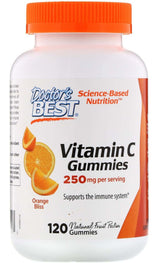
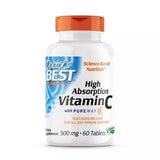

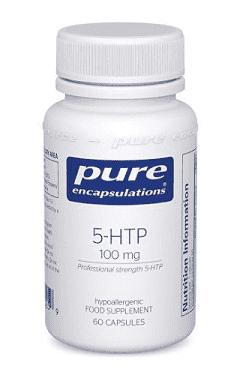




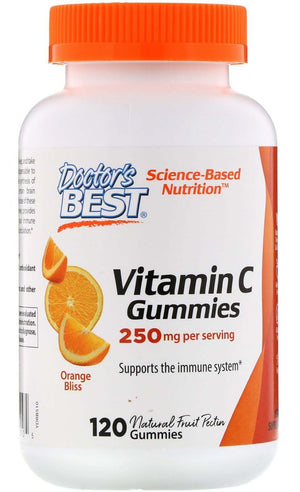
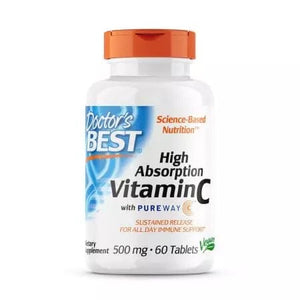








 Rated Excellent by 26,523+ Reviews
Rated Excellent by 26,523+ Reviews